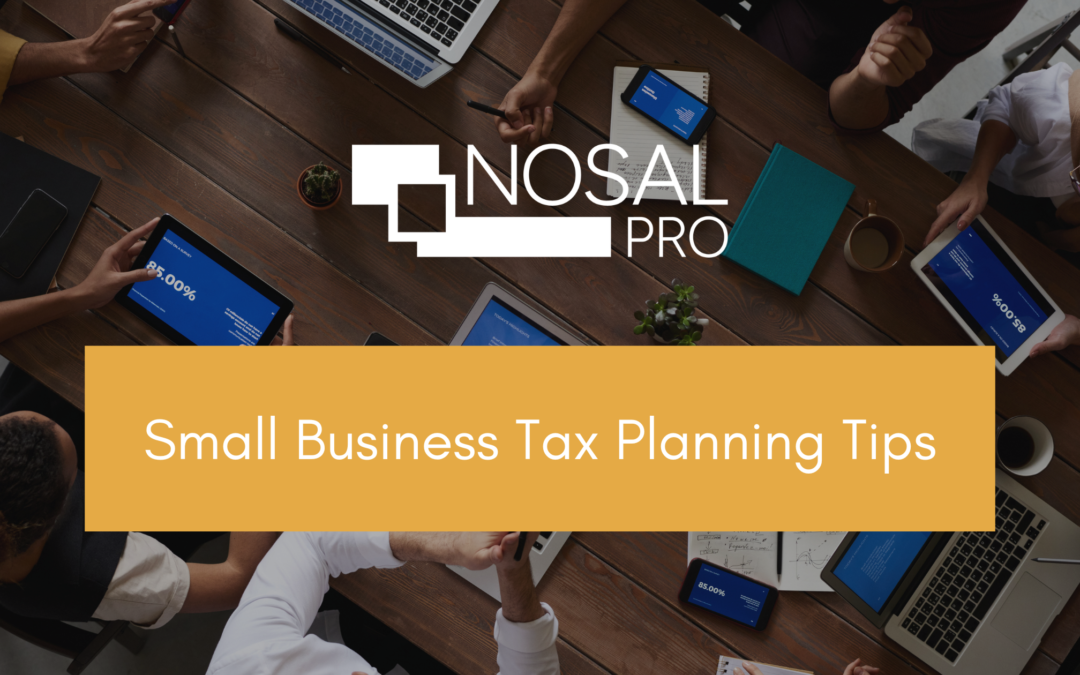A New Way to Save for Your Child’s Future: Introducing “Trump Accounts”
Beginning in 2026, families will have access to a new savings vehicle designed to help
build financial security for the next generation. The Trump Account, established under
the One Big Beautiful Bill Act (OBBBA), will provide a tax-advantaged way for families
to save for children under age 18 — similar in structure to an IRA, but tailored
specifically for minors.
Here’s what parents, grandparents, and employers need to know about this new
savings option.
How Trump Accounts Work
Starting in 2026, parents of children born between 2025 and 2028 can elect to enroll
their child in the Trump Account pilot program. Eligible participants must be U.S.
citizens with a Social Security Number at the time of enrollment.
Each enrolled child will receive an initial $1,000 contribution from the federal
government — a tax-free “seed” amount that kickstarts the savings process.
Children born before 2025 who are still under 18 can also open a Trump Account,
though they won’t receive the $1,000 contribution.
Beginning July 4, 2026, parents, grandparents, or other individuals can contribute up to
$5,000 annually per child, with the limit indexed for inflation starting in 2028.
Contributions are not tax deductible and must be made with after-tax dollars, but the
account’s earnings grow federal-income-tax-free until funds are withdrawn.
No distributions can be made until the year the child turns 18. At that point, the account
can serve as a powerful foundation for future goals such as college, investing, or
retirement.
Investment Options
While the child is under 18, Trump Accounts are restricted to “eligible” investments,
defined as mutual funds or ETFs that:
Track a qualified U.S. stock index (such as the S&P 500)
Don’t use leverage
Charge fees no higher than 0.1%
Meet other IRS guidelines
These restrictions are intended to keep investment costs low and align growth with
broad U.S. market performance.
Transition to a Traditional IRA
Once the account beneficiary turns 18, the Trump Account automatically converts
into a traditional IRA. From that point forward, standard IRA contribution and
distribution rules apply:
The beneficiary must have earned income to make new contributions.
Distributions are permitted but may be subject to income tax and early
withdrawal penalties if taken before age 59½.
The account’s tax basis includes any after-tax (nondeductible) contributions made
before or after conversion, meaning withdrawals of those amounts will not be taxed
again.
Employer and Organizational Contributions
Employers may choose to support families through Trump Account contribution
programs. Beginning July 4, 2026, eligible employers can contribute up to $2,500 per
year to Trump Accounts for employees’ under-18 dependents.
These contributions are tax-free for employees and tax-deductible for employers,
subject to nondiscrimination rules. Employer contributions count toward the $5,000
annual cap.
Additionally, state, local, or tribal governments and qualified nonprofits (501(c)(3)
organizations) can make “qualified general contributions.” These are tax-free and
not subject to the annual limit, though they must be provided to all children within a
defined group.
Comparing Trump Accounts to Other Savings Tools
Families already have a few tax-advantaged options for saving for a child’s future —
such as 529 plans and Coverdell Education Savings Accounts. However, those
accounts are limited to education-related withdrawals if you want to preserve the tax
benefits.
By contrast, Trump Accounts offer greater flexibility. Funds can eventually be used
for any purpose, since they become a traditional IRA at age 18.
Other vehicles, like custodial accounts or trusts, don’t offer the same tax-deferred
growth and may trigger the “kiddie tax” or higher trust tax rates.
The Power of Compounding: How Savings Can Grow
According to estimates from the Council of Economic Advisers, a Trump Account
opened for a baby born in 2026 could grow to over $300,000 by age 18 if annual
contributions are maximized and market returns align with historical averages.
Even with a more conservative 5% annual return, consistent contributions of $5,000 per
year (plus the initial $1,000 federal contribution) could yield an account balance of
roughly $138,000 by age 17.
If those funds remain invested through adulthood — say, until age 60 — the account
could grow to over $1.2 million, demonstrating the long-term power of tax-deferred
compounding.
Final Thoughts
The Trump Account represents a potentially valuable new tool for families looking to
build intergenerational wealth and financial independence. Its combination of federal
seed funding, tax-free growth, and IRA rollover flexibility could make it an attractive
complement to existing savings strategies.
As always, the details matter. We recommend discussing this new program with your
tax or financial advisor to understand how it fits into your family’s broader financial










